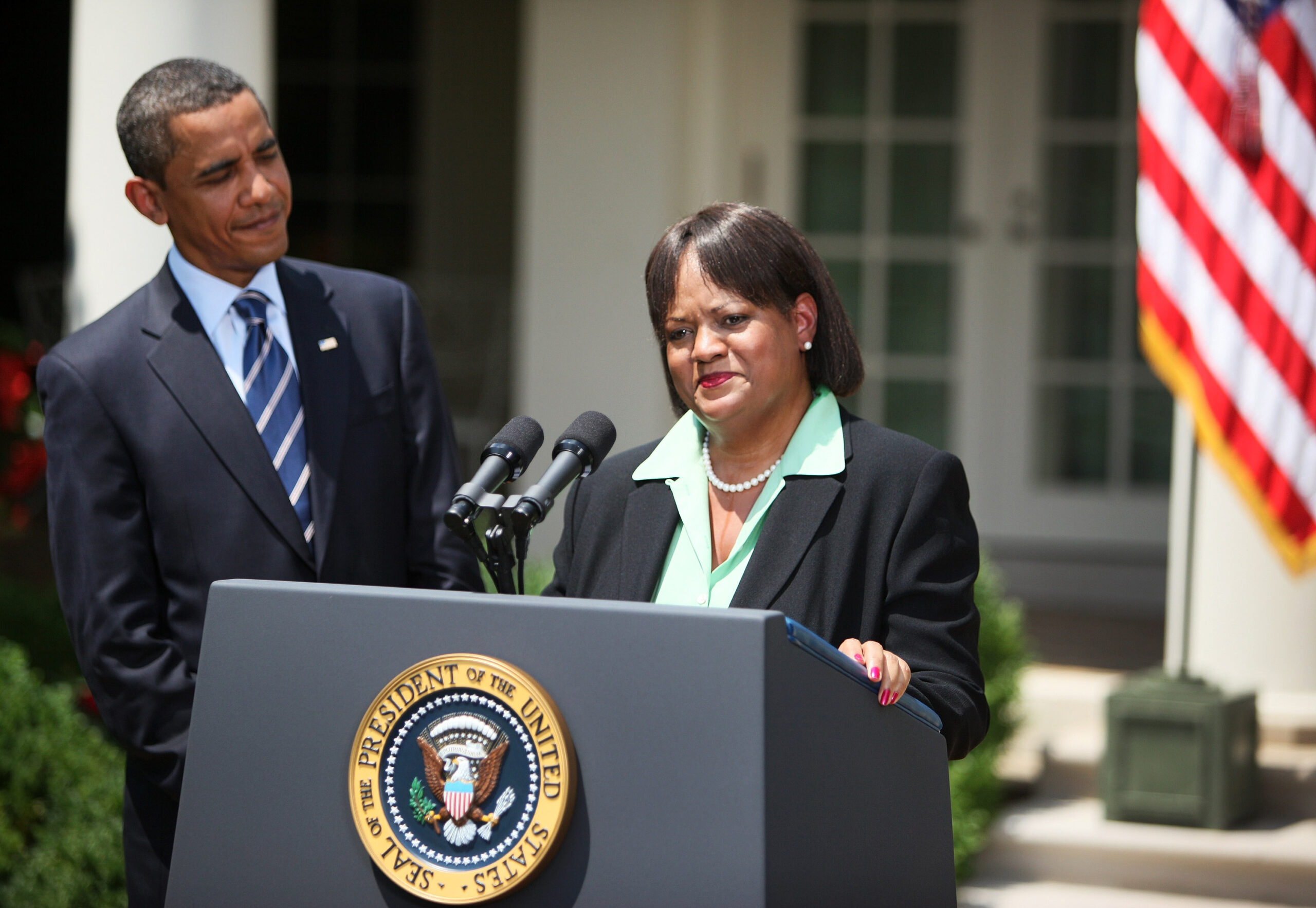One thing cannot be denied: throughout history, Black women have faced countless glass ceilings. Yet, with resilience and faith, many have risen above these obstacles to do groundbreaking work, especially in healthcare.
From pioneering medical research to becoming the first Black women to achieve major milestones in their fields, these Black female doctors have reshaped the medical landscape. They also paved way for the Black female doctors of today. Their work has not only impacted the world of healthcare. It also provided crucial representation and advocacy for underserved communities.
Leaving a lasting mark, here are nine trailblazing Black female doctors who transformed healthcare through their dedication and innovation.
Dr. Rebecca Lee Crumpler
It’s impossible not to talk about Dr. Rebecca Lee Crumpler when it comes to healthcare. She made history as the first Black woman in the United States to earn a medical degree. Graduating in 1864 from the New England Female Medical College, Dr. Crumpler fought valiantly for her passion. This was at a time when medical education was primarily inaccessible to women, especially Black women. Her journey into medicine was driven by a divine purpose to bring healthcare to underserved communities, particularly for formerly enslaved people.
After earning her degree, Dr. Crumpler spent much of her career working with Black women and children, providing medical care in rural areas. She also wrote “Book of Medical Discourses,”one of the first medical texts published by a Black person. Dr. Crumpler’s commitment to improving healthcare for people who look like her and breaking barriers in a field dominated by white men has made her a trailblazer in the history of medicine.
Dr. Patricia Bath
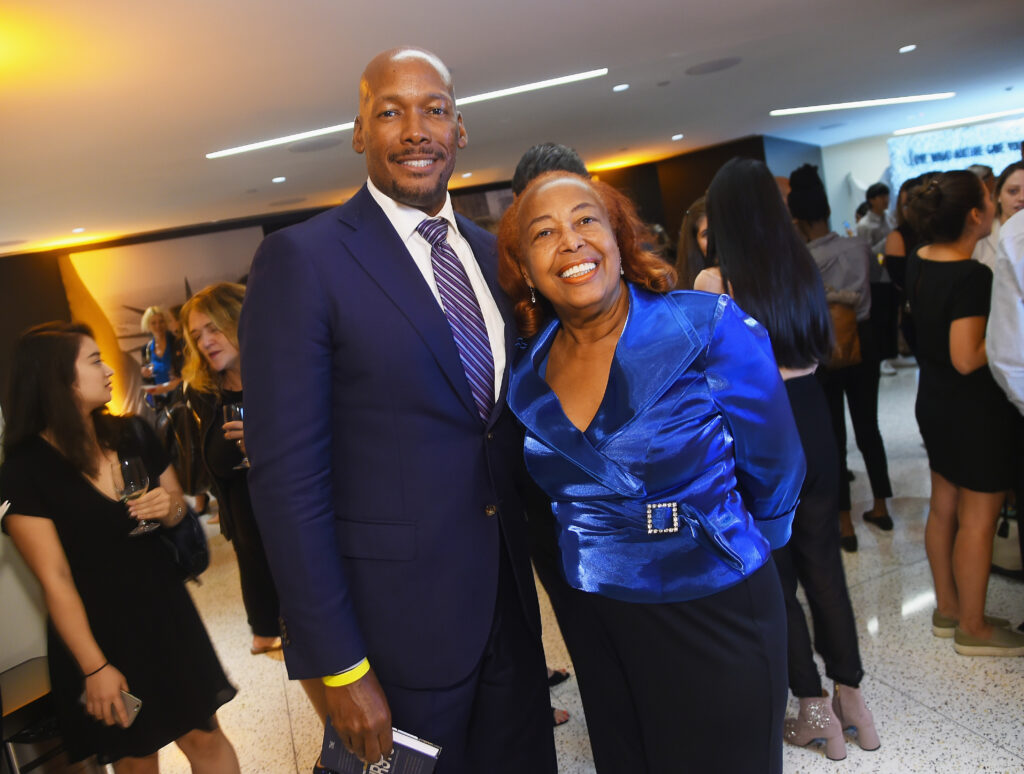
Laser scientist Dr. Patricia Bath revolutionized ophthalmology, becoming the first Black woman to receive a patent for a medical invention. She played an instrumental role in blindness prevention and treatment. In 1986, she developed the Laserphaco Probe, a device that improved cataract surgery by using laser technology to remove cataracts. Her invention reduced recovery time and improved outcomes for patients. This led to restored sight for millions of people globally, particularly in underserved communities.
Dr. Bath’s career as a Black female doctor also included being the first African American woman to complete a residency in ophthalmology at NYU. She was also the first woman on the faculty at the prestigious Jules Stein Eye Institute at UCLA. A fierce advocate for accessible healthcare, Dr. Bath devoted much of her career to providing healing in impoverished areas and speaking on racial diversity in medicine.
Dr. Regina Marcia Benjamin
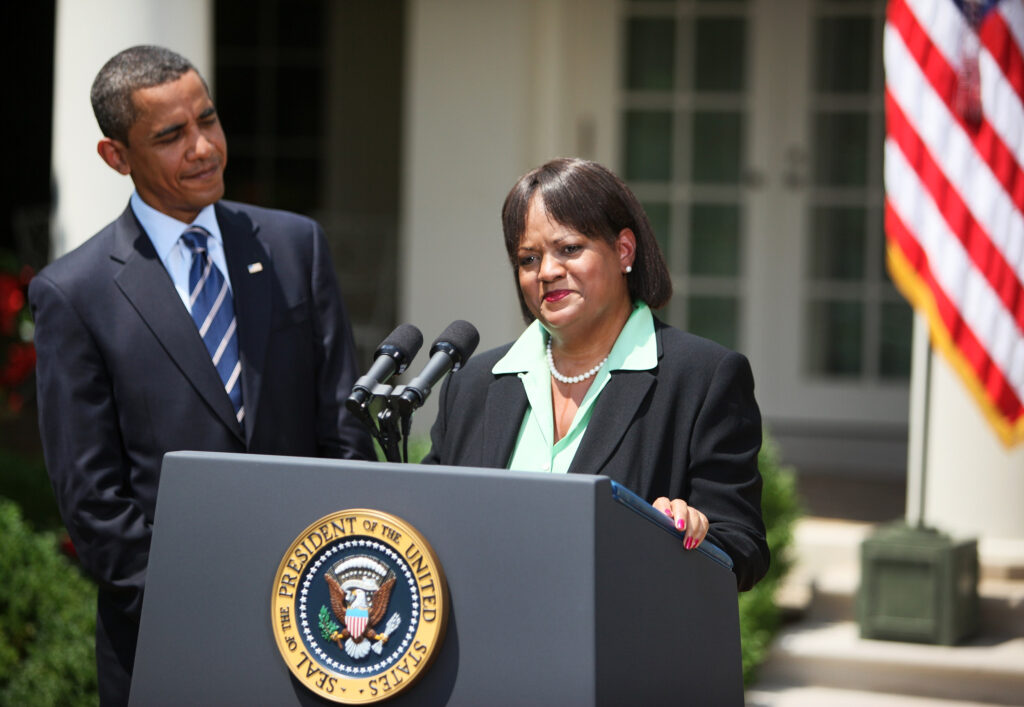
Dr. Regina Marcia served as the 18th U.S. surgeon general from 2009 to 2013, appointed by then-president Barack Obama. This made her the second Black woman to hold the position. Throughout her career, she has been a passionate advocate for health disparities in underserved communities.
Beyond her work as Surgeon General, Dr. Benjamin founded the Bayou La Batre Rural Health Clinic in Alabama. There, she served as the primary physician for years. Her leadership was centered on obesity, smoking cessation and access to care. Dr. Benjamin made a lasting impact on public health policy and the healthcare system in the United States.
Dr. Alexa Canady
The first Black woman in the United States to become a board-certified neurosurgeon, Dr. Alexa Canady made history in the field of neurosurgery. She attended the University of Michigan Medical School and went on to specialize in pediatric neurosurgery. This was a field long dominated by men.
Throughout her impactful career as a Black female doctor, Dr. Canady made significant contributions to the treatment of neurological disorders in children, especially those related to brain injuries and tumors. She served as the Chief of Neurosurgery at the Children’s Hospital of Michigan, mentoring young surgeons and inspiring future generations of Black women in medicine. She’s not only trailblazer in neurosurgery, but also in breaking down racial and gender barriers within the field.
Dr. May Chinn
Dr. May Chinn made history as one of the first Black women to earn a medical degree from New York University. As a cancer researcher and clinician, she dedicated her life to cancer research. Dr. Chinn’s focus was on the study of early detection and prevention of cancer. She played a pivotal role in advancing research and treatment options for Black patients.
She was also a key figure in the establishment of programs aimed at providing cancer screenings for underserved communities. Dr. Chinn became a prominent figure in the fight against racism in medicine, advocating for greater access to healthcare for Black and brown populations. Her groundbreaking work continues to serve the field of oncology.
Dr. Marilyn Gaston
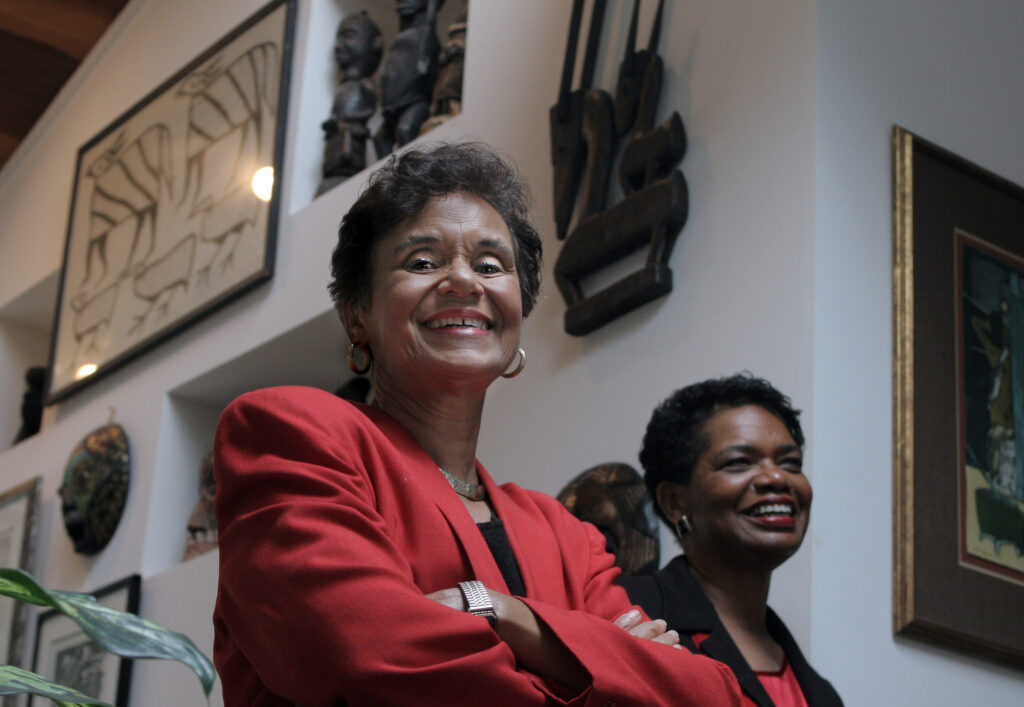
Dr. Marilyn Gaston is best known for her work in public health and pediatric care. Her research on sickle cell, a disease which disproportionately impacts the Black community, was particularly impactful. She became the first Black woman to be appointed Assistant Surgeon General of the United States, where she worked on advancing policies related to public health and disease prevention.
Dr. Gaston’s contributions to the understanding and treatment of sickle cell disease were groundbreaking. She led efforts to introduce widespread newborn screening programs for the disease in the 1980s. Her advocacy for preventative medicine and efforts to reduce health disparities have made a lasting impact on the field of healthcare and in the Black community.
Dr. Jane Cooke Wright
When it comes to cancer research, Dr. Jane Cooke Wright is a pioneering oncologist who made groundbreaking contributions. As a researcher and clinician, Dr. Wright developed innovative chemotherapy techniques that have saved countless lives. She was the first to experiment with using chemotherapy directly on patients’ tumors. She helped shape major advancements in the treatment of various cancers.
Dr. Wright’s work in cancer research and her leadership in the development of new therapies have profoundly impacted the field of oncology. Throughout her career, she mentored generations of doctors and researchers. Her legacy as as Black female doctor continues to inspire those working in cancer research today. She was not only a trailblazer in her scientific achievements but also an advocate for increasing diversity in medical research.
Dr. Jocelyn Elders
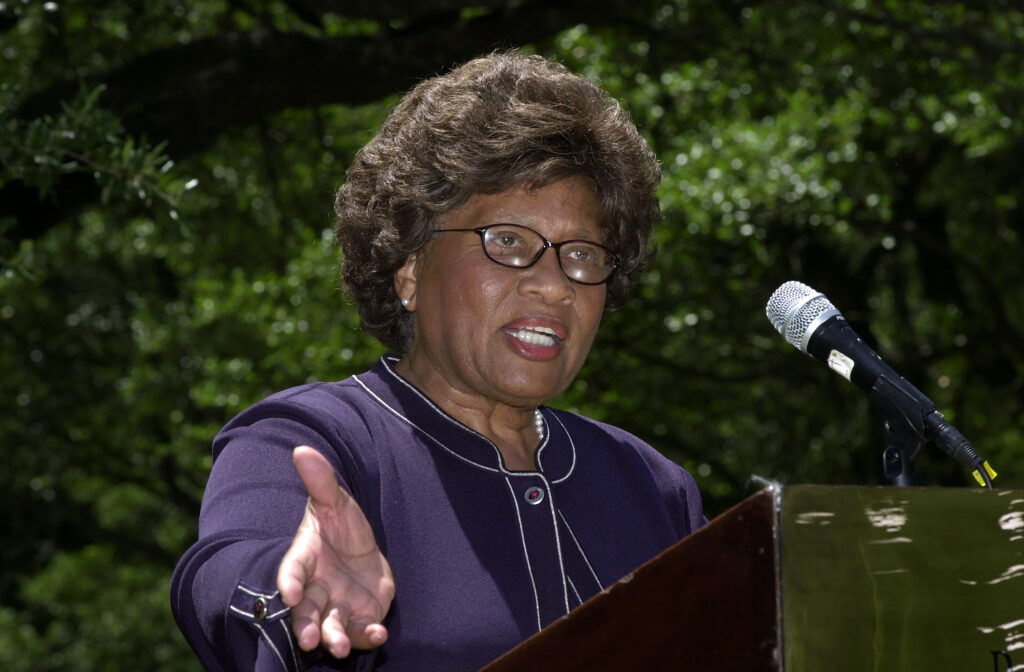
Dr. Jocelyn Elders made history as the first Black woman to serve as the U.S. Surgeon General from 1993 to 1994. During her tenure, she was an outspoken advocate for sex education, AIDS prevention and the de-stigmatization of mental health. Dr. Elders also used her platform to advocate for public health policies that addressed the health needs of underserved communities. This included access to contraception and reproductive rights.
Her unwavering stance on issues like drug addiction and sexual health led to both praise and controversy. Still, her work has had a lasting influence on public health policy. Dr. Elders’ tenure was a turning point in how the U.S. government approached health education. At 91 years old, she continues to be an influential voice in advocating for social and healthcare reforms.
Dr. Mae Jemison
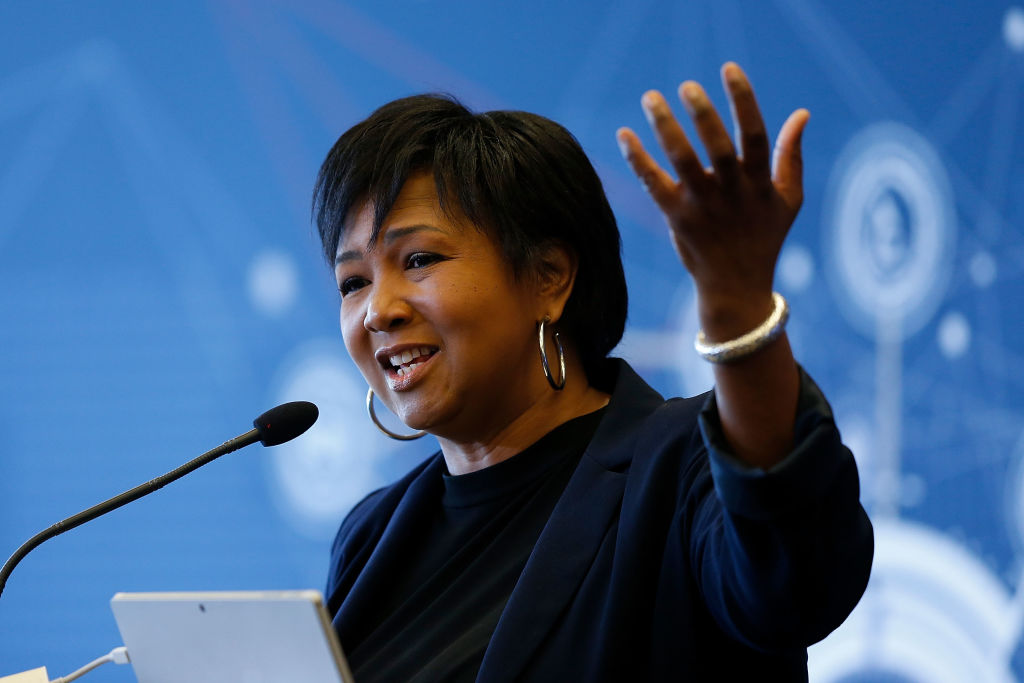
While Dr. Mae Jemison is best known for being the first Black woman to travel into space, her contributions as a Black female doctor are just as impressive. A trained physician, Dr. Jemison’s passion for science and medicine led her to become a medical officer on the space shuttle Endeavour in 1992. During her mission, she ran a series of experiments on how microgravity affects the human body. This led to incredibly valuable data in the field of medicine.
Beyond her work in space, Dr. Jemison founded the company BioSentient, which aims to improve healthcare technologies. She has also worked as a professor, educator, and advocate for STEM education, encouraging young women of color to pursue careers in science and medicine. From outer space to on the ground, Dr. Jemison’s groundbreaking achievements have inspired countless people.
